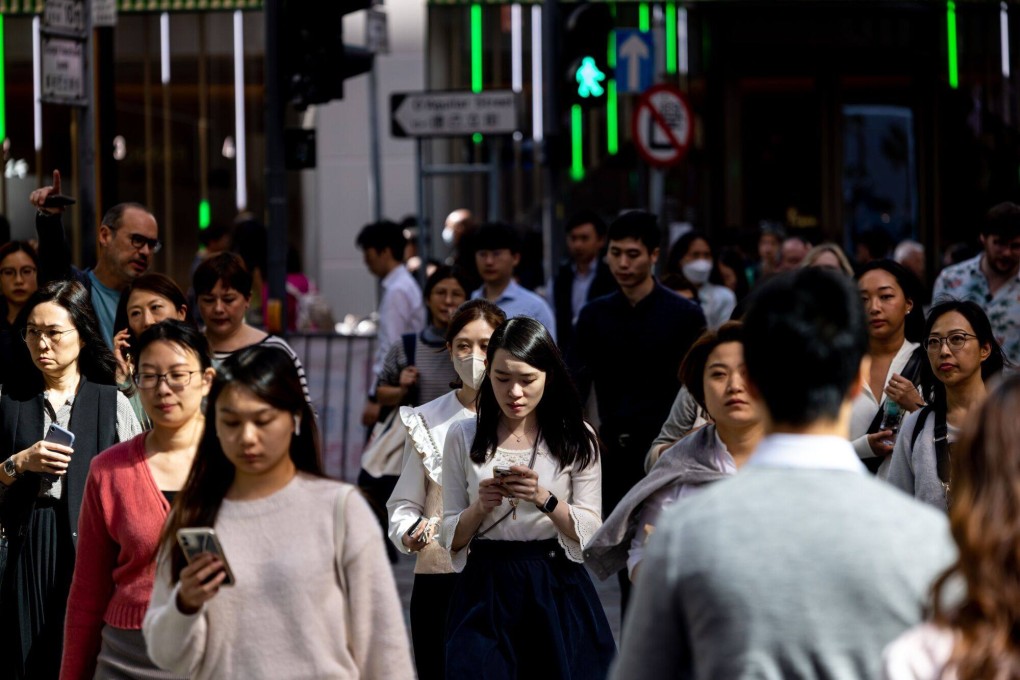Opinion | Time for Hong Kong to open its doors to Asean talent and capital
- Hong Kong can add value to Southeast Asian economies as an education hub on the doorstep of the Greater Bay Area
- The city must also be more proactive about attracting professionals, entrepreneurs and ultra-high-net-worth individuals from Asean

Time and time again, I have been asked if I believe in Hong Kong’s future, and if our city can thrive amid the geopolitics in the region and globally. To this question, I always answer in the affirmative.
Hong Kong’s future lies in leveraging its strengths and wherewithal as China’s most international, cosmopolitan and forward-thinking city. We need to continue to connect China with the world and facilitate the growth of the Global South as those economies rapidly rise. Co-creating this future requires us to take the initiative together.
For a start, there is much we can do for our friends and partners in Southeast Asia. Our city must be truly accessible to the region’s students, scholars, workers and entrepreneurs seeking to avail themselves of the robust institutions, practices and norms that make Hong Kong unique and attractive.
To do this, we must ensure that Hong Kong is open and welcoming to talent and capital from Asean. There are three dimensions to this.
Firstly, education is critical to equipping our future generations with essential skills and upskilling them so they remain relevant; it also deepens people-to-people exchange and fosters genuinely meaningful ties. Hong Kong must step up to serve as an education hub for both Northeast and Southeast Asian students.
